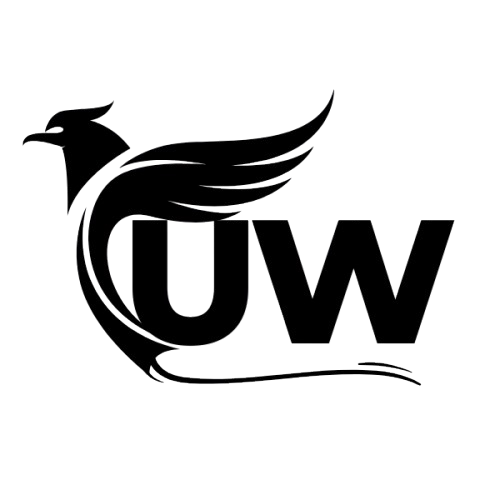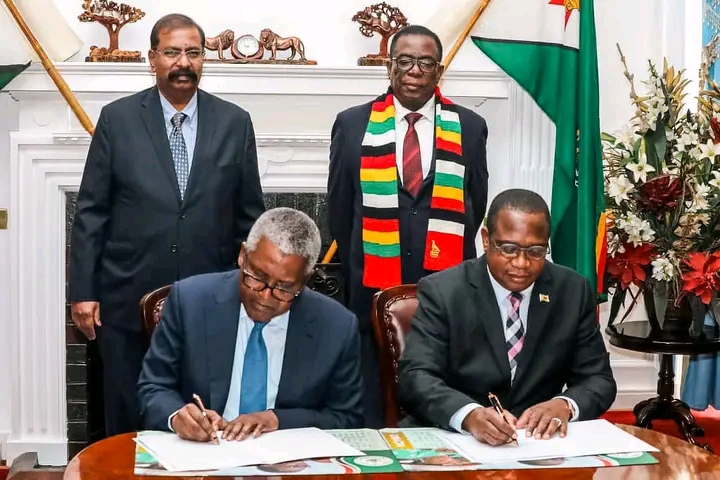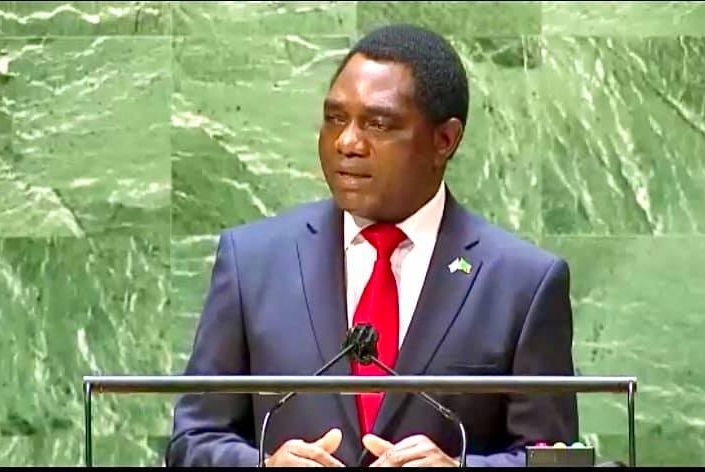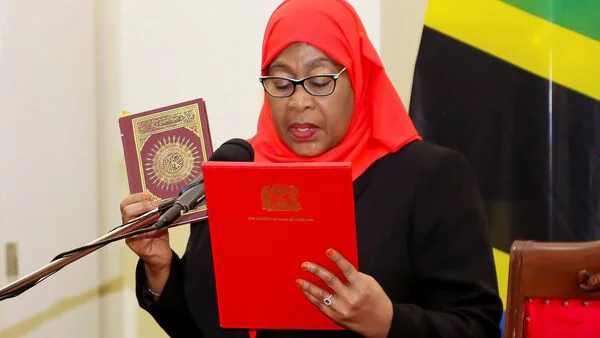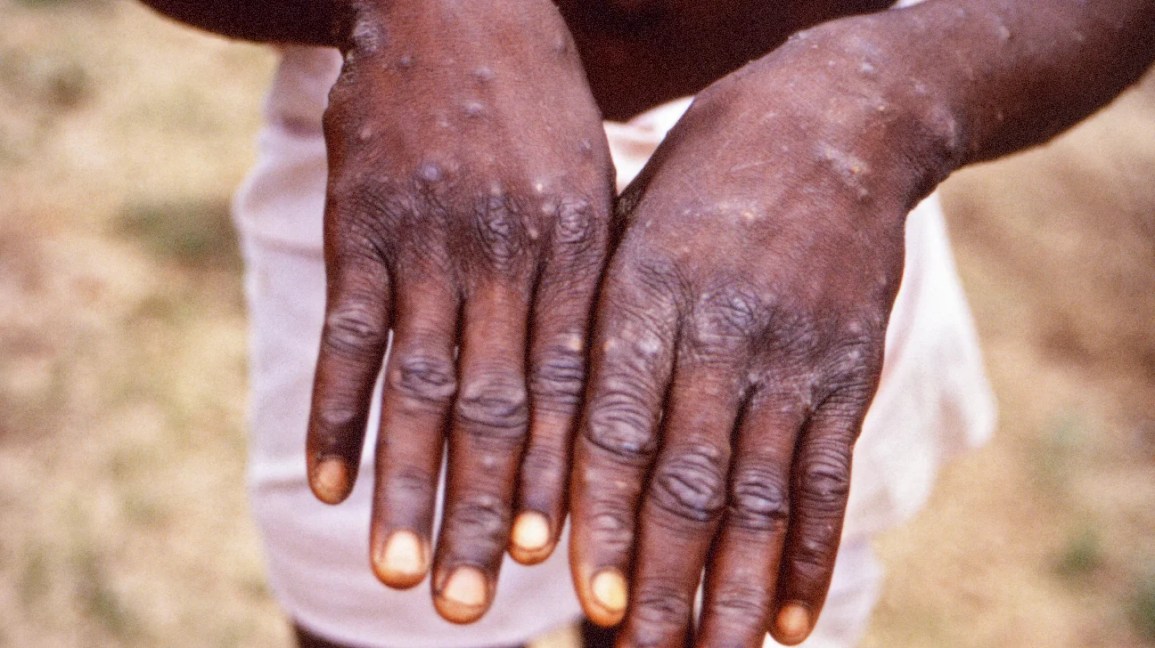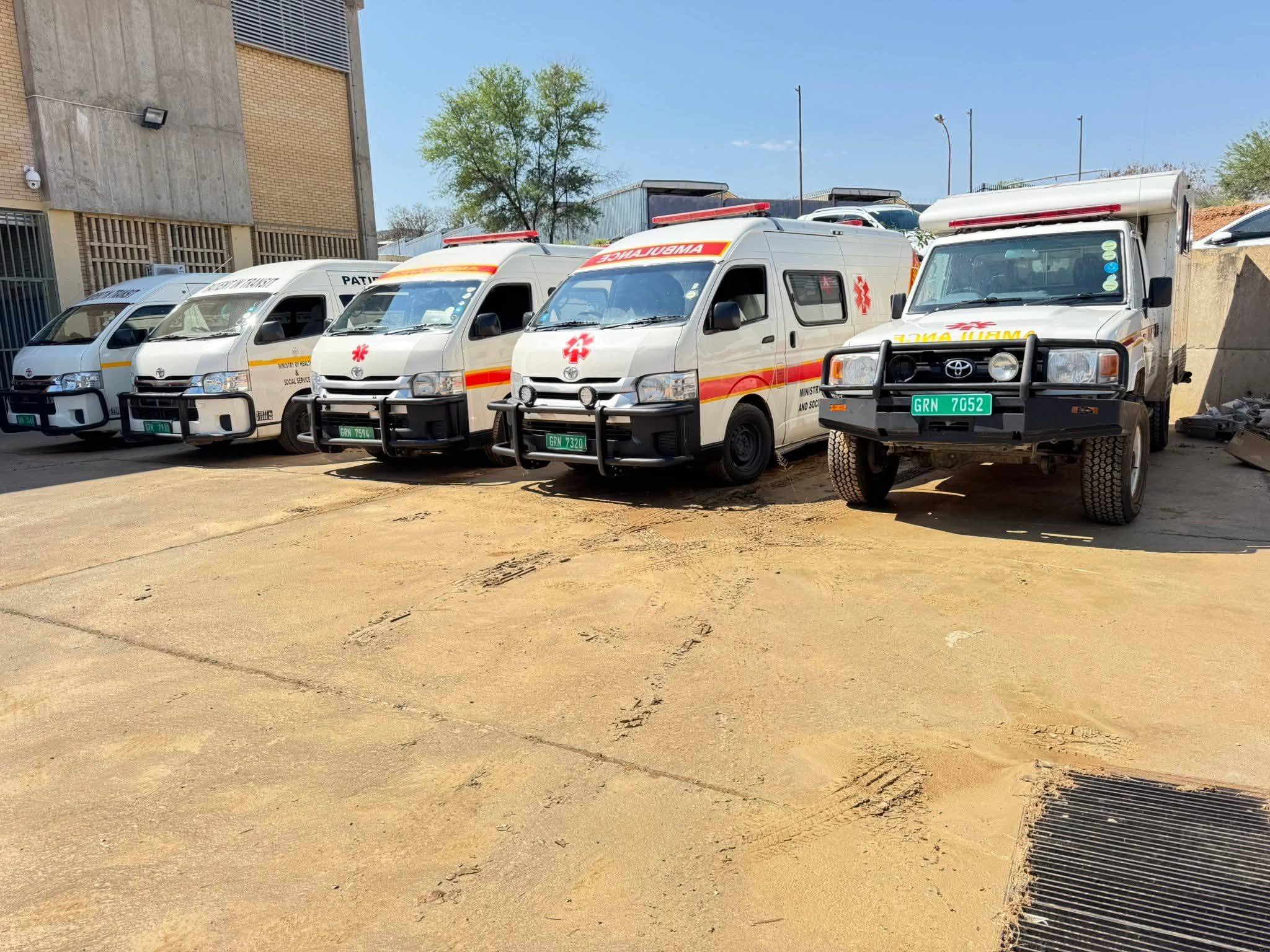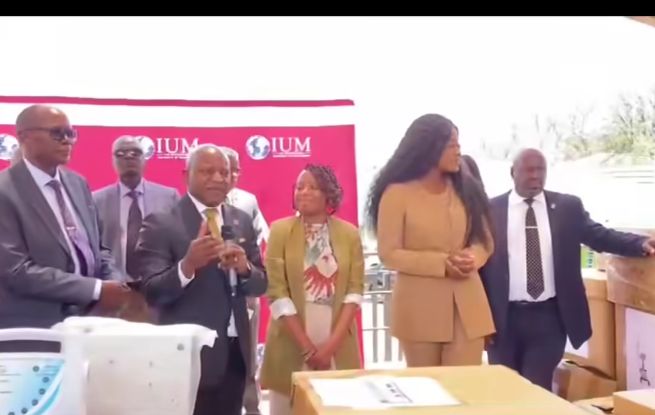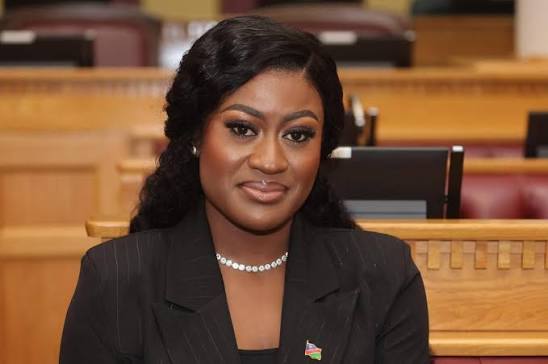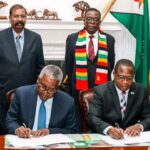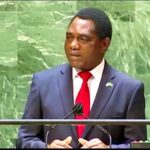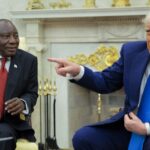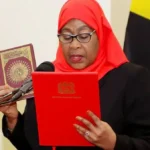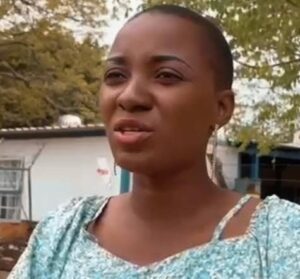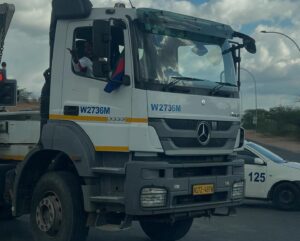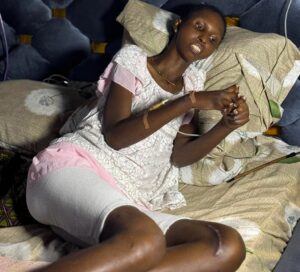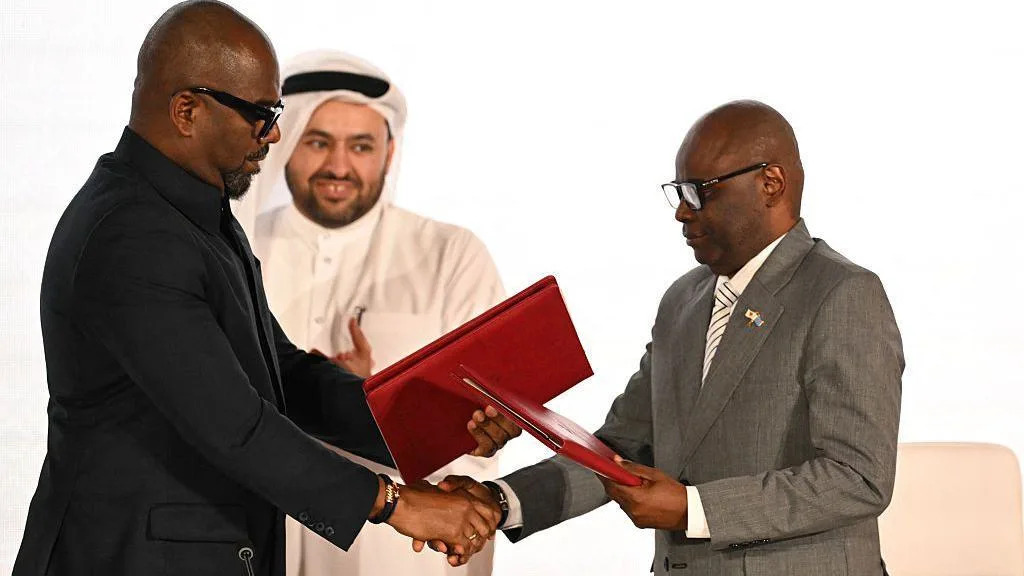
The Democratic Republic of the Congo and the Rwanda-backed M23 rebel group have reached a new peace framework in Doha, Qatar, following months of diplomatic negotiations aimed at ending years of violence in eastern Congo. The agreement, announced this week, has been described by Qatar and the United States as a comprehensive roadmap designed to halt hostilities, ease the ongoing humanitarian crisis and restore stability in one of Africa’s most troubled regions.
According to officials involved in the mediation, the framework lays out eight major steps that will guide the transition from conflict to peace. Although discussions are still ongoing, two key commitments have already been signed. These include the creation of a system to monitor the ceasefire and an agreement to exchange prisoners, which negotiators say will build trust between the two sides as they move toward broader reforms.
The remaining steps of the roadmap will be finalized in the coming weeks. These will include the development of a detailed timeline for implementation, plans to guarantee humanitarian access, and measures to support the return of displaced families who were forced to flee their homes during the fighting. The framework also outlines how state authority will be restored in areas currently controlled by the rebels, and how former fighters will be reintegrated as part of wider efforts to rebuild the local economy and improve security. A central element of the agreement focuses on removing foreign armed groups that have operated in eastern Congo for years, worsening instability in the region.
To ensure accountability, the peace process will be overseen by a committee made up of representatives from both sides and international partners. This body will monitor progress, address disputes and help guide reconciliation initiatives. Its work is expected to become especially important in provinces such as North Kivu, where the conflict has displaced millions and limited access to basic services.
The M23 rebellion, which re-emerged several years ago, has been at the center of tensions between the DRC and Rwanda. Kinshasa accuses Kigali of supporting the group—an accusation Rwanda denies—while communities in the east have endured repeated cycles of violence. A temporary truce was agreed in July 2025, but it failed to translate into lasting calm on the ground, which made the new framework necessary.
Qatari officials praised both parties for committing to dialogue, while the United States called the deal an important opening toward long-term peace. In eastern DRC, the announcement has been met with cautious hope, as many residents have witnessed previous peace efforts collapse before full implementation.
Negotiators are expected to reconvene soon to finalize the remaining elements of the agreement. If the process holds, the deal could pave the way for improved security, the reopening of key routes, the return of displaced families and the gradual rebuilding of communities that have suffered through decades of instability.

